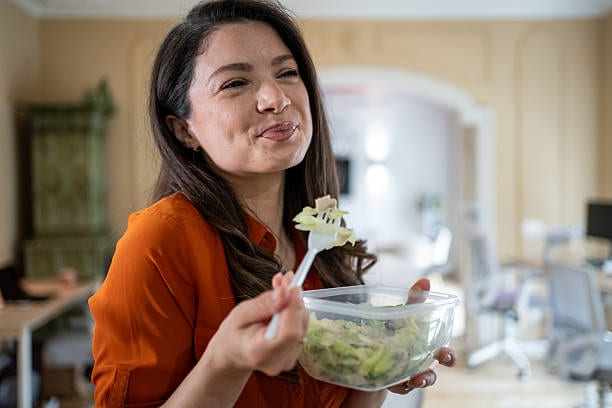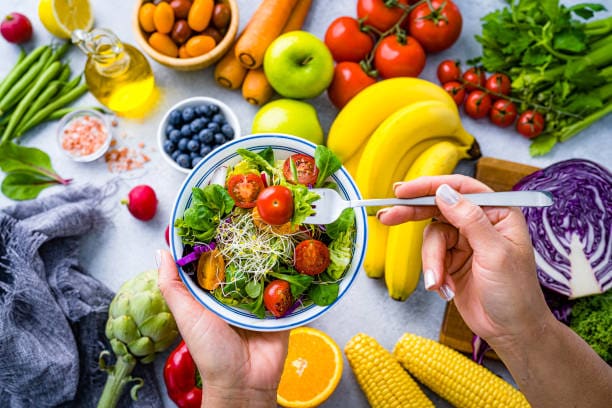
Hara Hachi Bu (Mindful Eating): This means eating until you are about 80% full, preventing overeating and aiding digestion. It helps maintain a healthy weight and reduces the risk of lifestyle diseases. (Images: Pexels)

Washoku (Balanced Diet): The traditional Japanese diet, Washoku, includes plenty of fresh vegetables, fish, and fermented foods. This nutrient-rich diet provides essential vitamins, antioxidants, and healthy fats. (Images: Pexels)

Moai (Strong Social Bonds): Maintaining close family ties and community involvement contributes to emotional wellbeing and reduces stress. Moai, or social support groups, are key to healthy aging. (Images: Pexels)

Ikigai (Purpose Of Life): Having a clear sense of purpose motivates individuals to stay active and engaged. Ikigai boosts mental health and encourages a positive outlook on life. (Images: Pexels)

Onsen And Ofuro (Hot Bathing Rituals): Soaking in hot baths improves circulation, relaxes muscles, and reduces stress. These daily rituals promote physical relaxation and mental calm. (Images: Pexels)

Nemuri (Prioritizing Sleep): Japanese culture values proper sleep routines, often involving winding down rituals. Quality sleep is essential for recovery, brain health, and longevity. (Images: Pexels)

Shinrin-Yoku (Forest Bathing): Spending time in nature, through gardens, parks, or forest walks, is common in Japan. Shinrin-Yoku reduces stress and enhances overall well-being. (Images: Pexels)
Go to Source
Author: News18



